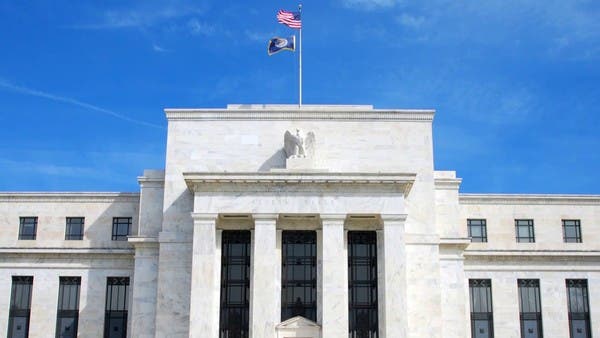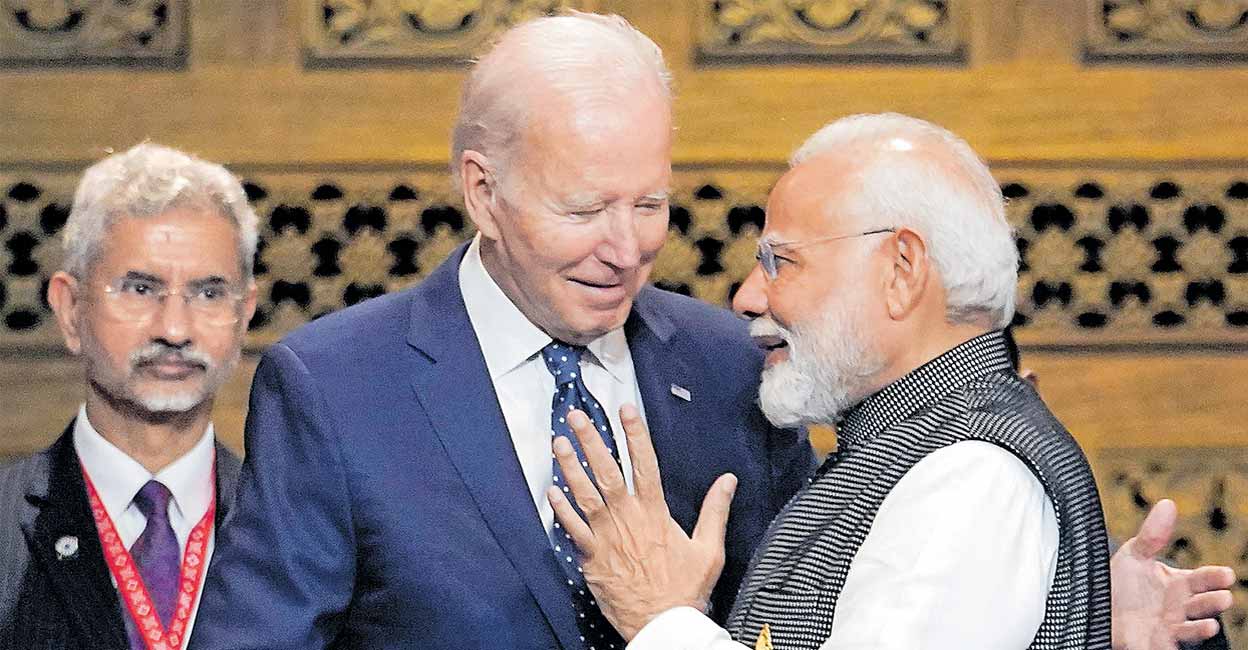Federal Reserve Vice Chairman Lyle Brainard said: The central bank may soon slow the pace of interest rate hikes.
And with markets forecasting a potential downturn in December due to the Fed’s rapid pace of rate hikes this year, Brainard stressed that a slowdown, if not a halt, is on the horizon.
Brainard added in an interview with the “Bloomberg” agency: “I think it will probably be appropriate in the near future to switch to a slower pace of price increases”, according to what was seen by “Al Arabiya.net”.
That doesn’t mean the US Federal Reserve will stop raising interest rates, but at least it will deviate from a pace that has seen four consecutive 0.75 percentage point hikes, a pattern not seen since the central bank began use short-term interest rates to set monetary policy in 1990.
“I think what should really be emphasized is that we’ve done a lot, but we still have work to do in terms of raising interest rates and maintaining moderation to bring inflation down to 2% over time,” Brainard said.
Brainard’s comments come after the Fed recently raised its key interest rate to a target range of 3.75%-4%, the highest level in 14 years.
The Fed was battling inflation at its highest level since the early 1980s and held at an annual rate of 7.7% in October, according to the Bureau of Labor Statistics.
The US consumer price index rose 0.4% last month, less than the Dow Jones estimate of 0.6%.
Brainard said he saw signs of inflation easing.
“We’ve raised interest rates very quickly … we’ve reduced the balance sheet, and you can see it in the financial condition, you can see it in the inflation expectations, which are well entrenched,” he said.
In addition to raising interest rates, the Fed has reduced bond holdings on its balance sheet by as much as $95 billion a month.
Since that process, called “quantitative tightening,” began in June, the Fed’s balance sheet has shrunk by more than $235 billion but remains at $8.73 trillion.


